West’s backing of Israel after Iran’s retaliation ‘reckless, irresponsible’: Legal analyst
By Alireza Hashemi
A legal analyst has criticized Western countries for mischaracterizing Iran's defensive military action in response to Israel’s attack on the country’s diplomatic mission in Syria, warning that the “reckless” and “irresponsible” position could embolden the regime to launch more attacks.
In an interview with the Press TV website on Wednesday, three days after Iran’s retaliatory military action, Reza Nasri touched on the legality of the Iranian response to the Israeli aggression.
“By misrepresenting Iran's act of self-defense as an act of aggression, Western countries are effectively paving the ground for Benjamin Netanyahu to justify yet another attack on Iran,” he said.
Nasri was referring to Western leaders rallying behind Israel following Iran’s retaliation on Sunday.
He said the irony is these Western countries call for de-escalation on one hand and at the same time - by misrepresenting Iran's legitimate act of self-defense - give Netanyahu the pretext to justify yet another attack on Iran and to consequently expand the war to the entire region.
“I believe those Western countries' position is not only inconsistent with international law but it is reckless and highly irresponsible,” the political analyst and international lawyer stressed.
The pattern of Israeli aggression
Nasri emphasized that Iran's military operation was not an unprovoked attack but a legitimate response to a series of unauthorized acts of aggression by the Israeli regime targeting Iranian interests.
“Iran's military operation was not an ‘attack’ that occurred in a vacuum but a ‘response’ to an illegal armed attack by Israel that followed a series of previous acts of aggression against Iranian interests in the region,” the analyst asserted.
Nasri, whose expertise lies in international law, explained that Iran's action was justified under the right of self-defense as outlined in Article 51 of the United Nations Charter.
Referring to allegations that Iran’s attack endangered and harmed civilians, the analyst pointed out that Iran's operation targeted only Israeli military bases and avoided civilian infrastructure and hence it was compliant with the principle of proportionality in international humanitarian law (IHL).
“Unlike Israel, Iran did not target any civilian residence, hospital, school, synagogue, bakery, water storage, journalist, ambulance, or nursery! It conducted a spectacular attack in which only the military bases from which Israel conducted its initial aggression were hit and damaged,” he remarked.
“Had Iran intended to inflict significant damage to Israeli towns and infrastructure, it would have used more of the same supersonic missiles it used to target Israel's military bases or launched a third or fourth wave of attacks after Israel's air defense system was exhausted. So, Iran's response was proportionate and in compliance with norms and principles of IHL.”
Nasri said Israel's airstrike on the Iranian consulate, unlike Iran’s military operation in response, was an illegal act of aggression violating the UN Charter and the Vienna Conventions on diplomatic relations.
“The Israeli attack on Iran's embassy constituted an illegal act of aggression in violation of Article 2 (4) of the UN Charter and blatant breach of the principle of "inviolability of diplomatic and consular premises" as enshrined in the 1961 and 1963 Vienna conventions,” he noted.
Iran’s response was deemed necessary due to a series of lethal strikes by Israel against Iranian interests in the region, which had resulted in the assassinations of prominent Iranian officials and military commanders, Nasri explained.
“The armed attack against the Iranian embassy - coupled with the pattern of Israeli acts of aggression on previous occasions - led Iran to the assessment that further military attacks were looming large and that it was necessary to mitigate the threat through military action, as any other country would have in similar circumstances,” he hastened to add.
“Even the UK foreign minister - Mr. David Cameron - stated in a recent interview that the UK would have taken ‘very strong action’ had any country conducted an attack against his country's diplomatic and consular premises abroad.”
UNSC must protect international peace
The analyst underscored the responsibilities of international bodies in preventing further escalation, urging the UN Security Council to fulfill its duties by recognizing Iran's right to self-defense in the face of aggression and condemning Israel's threat to use force against Iran, which violates the UN Charter.
“In principle, it should at this point condemn Israel's current threat to use force against Iran - which constitutes a violation of Article 2 (4) of the Charter - and take the necessary measures to prevent further escalation,” he said. “Normally, the Security Council should endorse an act of self-defense against an act of aggression, not the other way around,” Nasri stated.
“Israel must understand that it cannot conduct an unlawful armed attack against a sovereign country's embassy in a third country, then pledge to militarily attack that state again once the latter takes legitimate measures of self-defense.”
Iran condemns Israeli atrocities, ceasefire violations in southern Lebanon
US military buildup near Iran proves defeat in previous regional wars: Ansarullah
VIDEO | Declared dead, found breathing: The miraculous survival of Najwa after Israeli bombing of Gaza
Israeli solar projects in West Bank expand illegal settlements: Report
Shift in multi-tier forex rate to improve economy
VIDEO | Press TV's news headlines
Zelensky’s name appears over 50 times in Epstein files: Opposition leader
Tehran rejects Trump’s riot death toll, demands proof


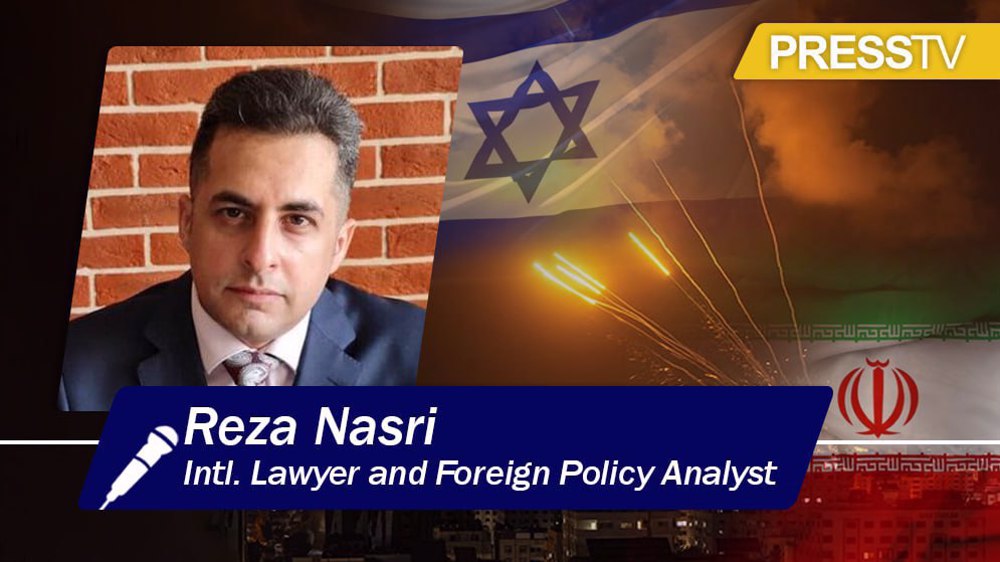
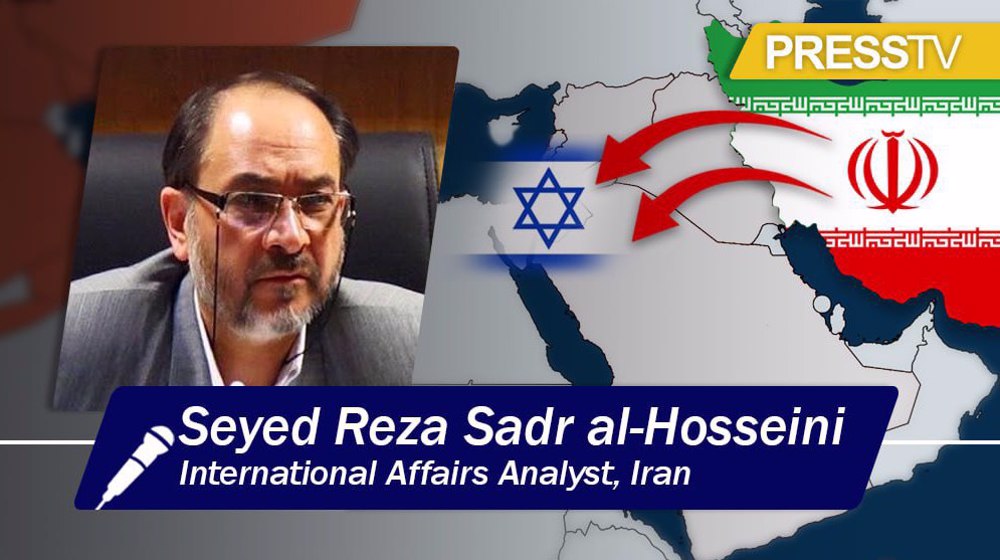

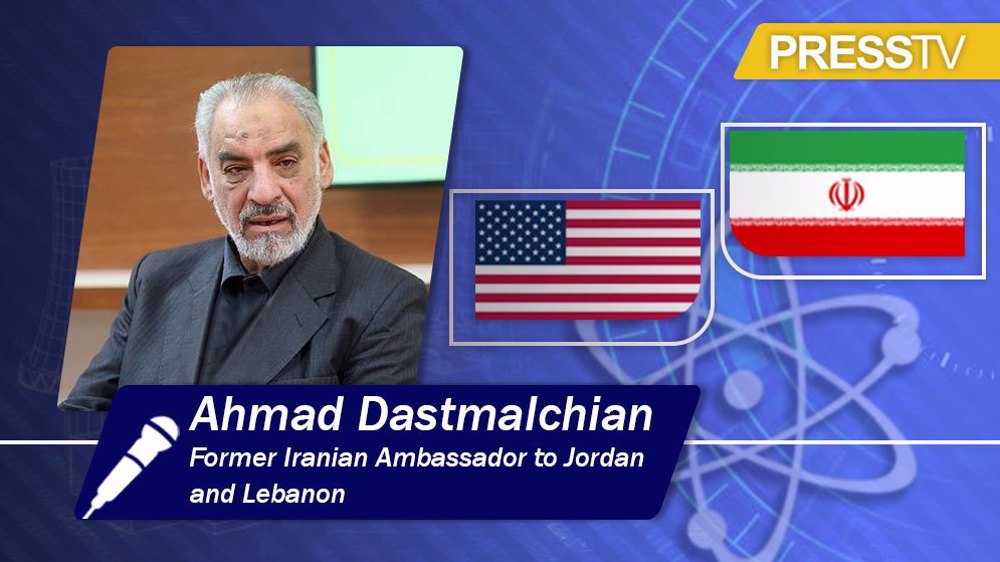




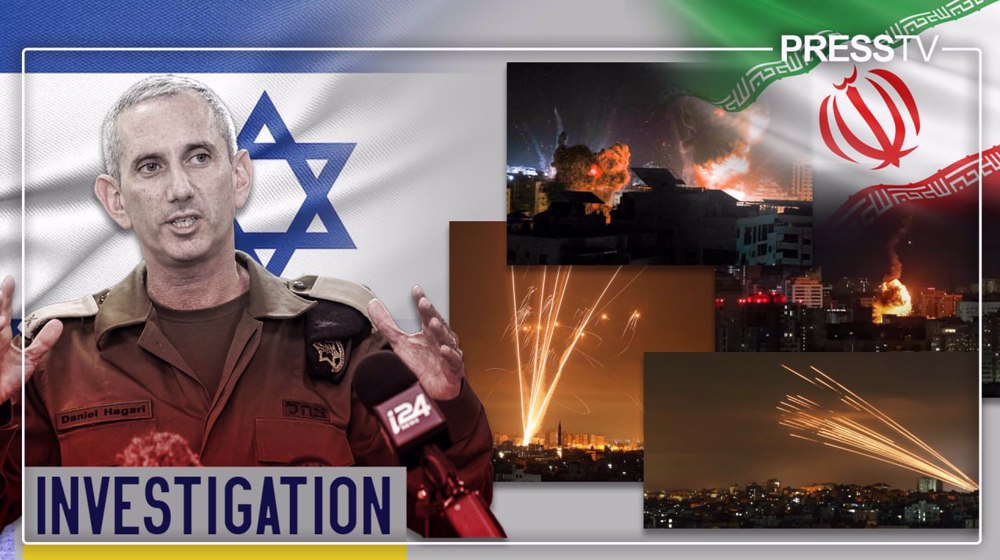
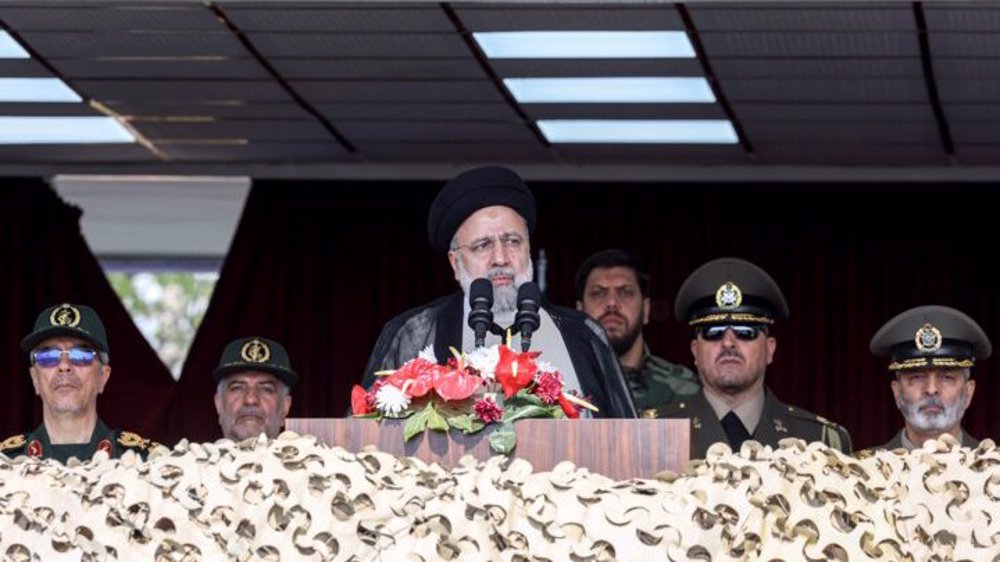
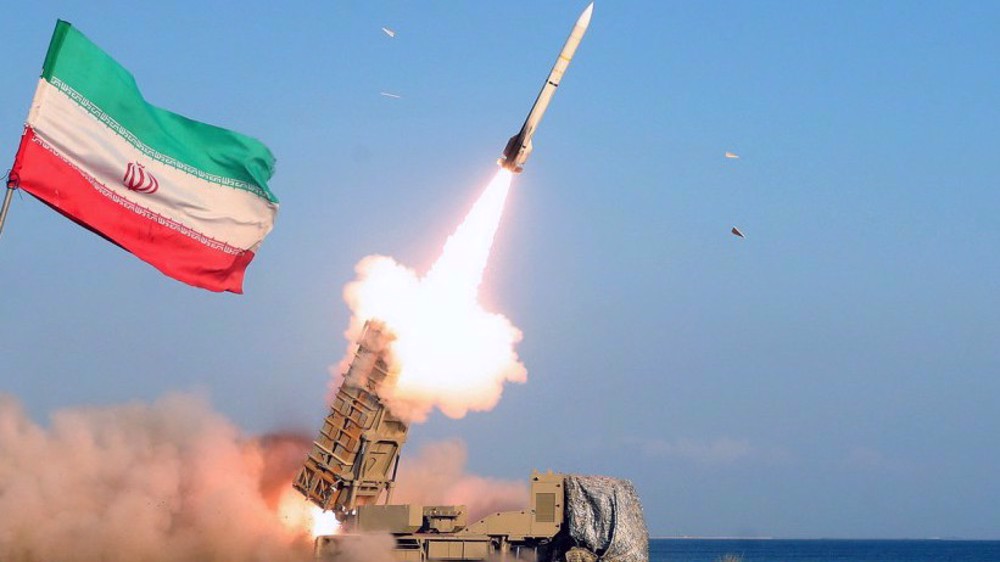
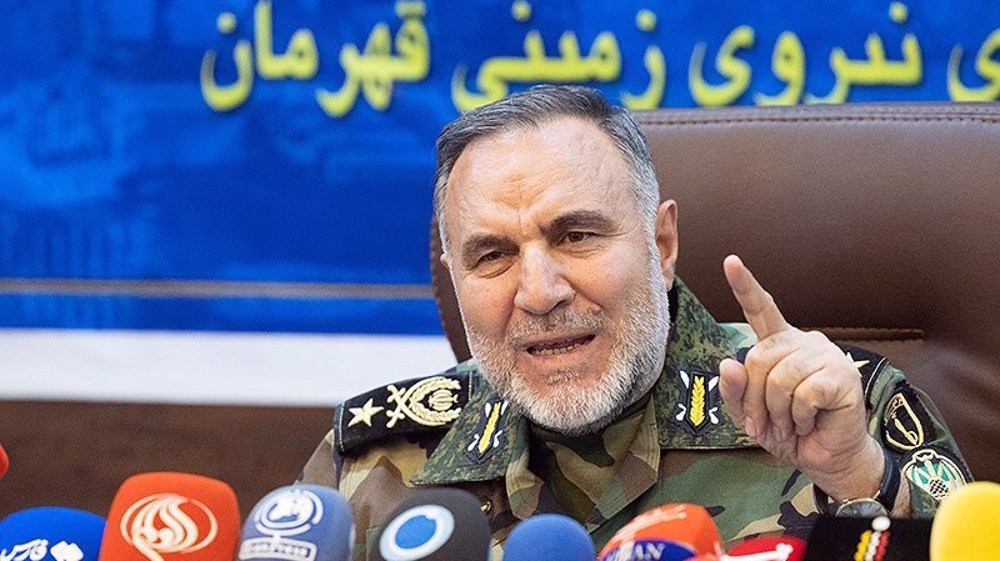
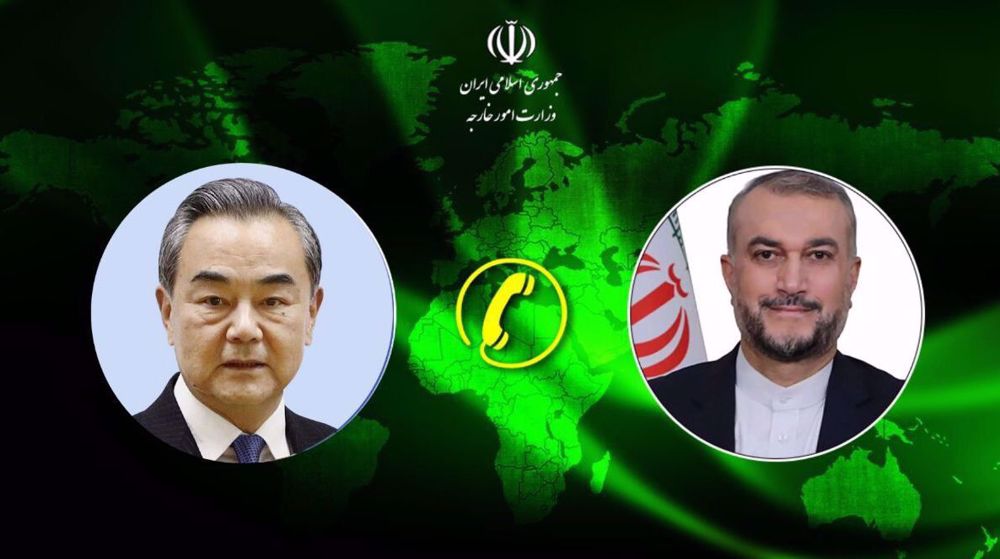

 This makes it easy to access the Press TV website
This makes it easy to access the Press TV website